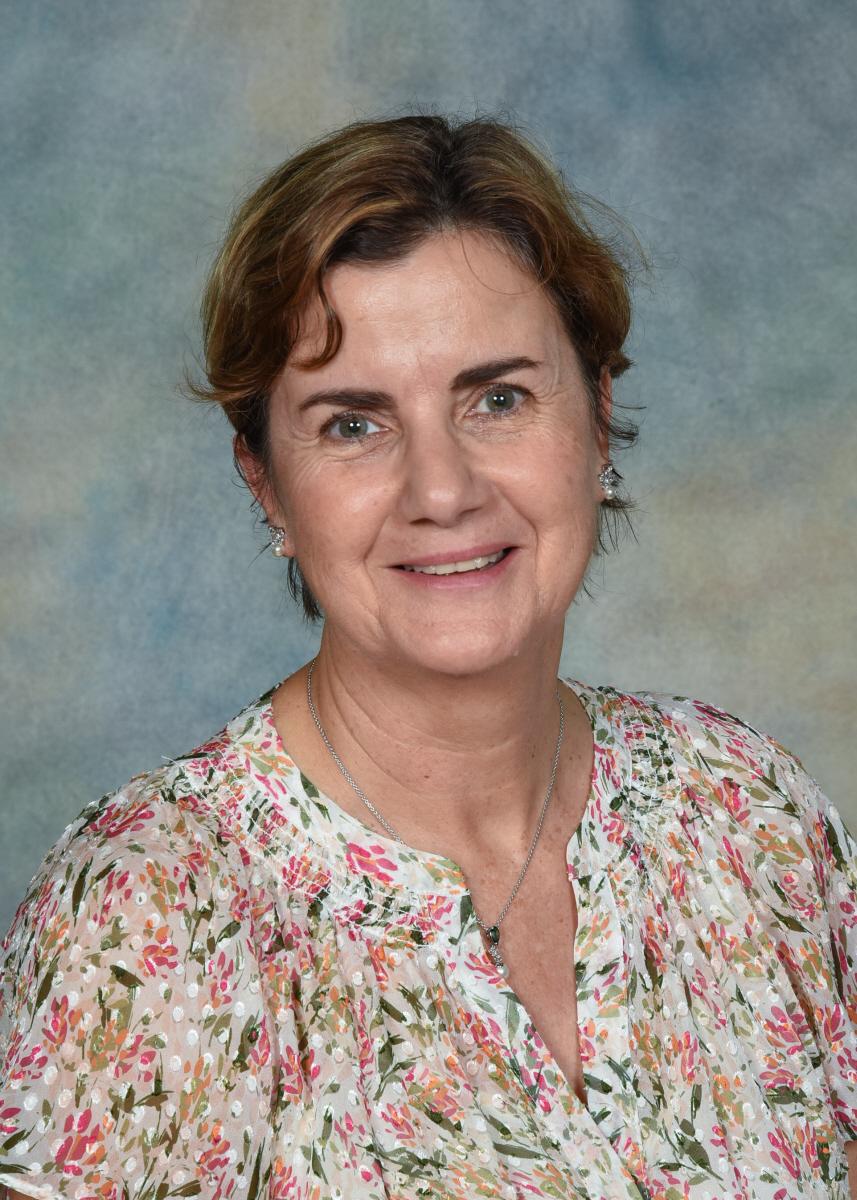Hot Topic

Wellbeing and International Women’s Day – Where’s the Connection?
On Sunday 8 March we celebrate International Women’s Day. According to the designated website, this year’s theme Each for Equal suggests that “an equal world is an enabled world and that we can actively choose to challenge stereotypes, fight bias, broaden perceptions, improve situations and celebrate women’s achievements”. The challenge seems to be to create gender equality in the presentation of women in the media, an equal share of women’s sport coverage, gender equal workplaces, etc, etc, but what does it take for our young people who are living the everyday to be part of the change that we want to see and enable them to make this a gender-equal world?
Our young people are not going to be able to support this change unless they are empowered to do so. To be empowered they need to know the importance of promoting and enhancing their own wellbeing. At Mount Alvernia, we believe wellbeing is attained by achieving a state of balance that is affected by both challenging and rewarding life events (Dodge et al, 2012). It encompasses the following domains:
- Psychological wellbeing, which is the ability to lead self; understand how to work with your surroundings, both physical and human-centred; and build positive relations with others (Ryff, C. 2005)
- Physical and Mental Wellbeing – these are strongly connected but not always. While taking care of physical health is known to improve mental health wellbeing, we may be prone to pre-determined mental health conditions, like anxiety or depression. Ensuring we eat a balanced diet, get proper sleep, and not be too inactive keeps our physical health safe and can assist in offsetting mental health issues that result from not only pre-determined factors but also lifestyle choices such as stress.
- Spiritual Wellbeing is the ability to experience and integrate meaning and purpose in life through a connectedness with self, others, art, music, literature, nature, or a power greater than self.
- Social Wellbeing – This involves a person’s relationships with others and how that person communicates, interacts, and socialises with other people. It can also relate to how people make friends and whether they feel a sense of belonging.
- Cognitive Wellbeing is evident when there is a commitment to lifelong learning through self-directed behaviour that promotes continuous acquisition and creative application of new skills and abilities (Hettler, 1976) (Strout & Howard, 2015)
The celebration of International Women’s day is not new. In fact, the United Nations has been celebrating the day since 1909. The day is aimed at eliminating discrimination against women and helping women to gain full and equal participation in global development. While we have seen great advancements in these areas and our young women are inspired by the history of it, it takes more than inspiration to keep the movement going.
If we are to grow young people who are able to challenge stereotypes - both within gender equality and beyond, then this will only be possible if we provide both challenging and rewarding experiences that are of similar vein in both boys' and girls' schools. We need to provide opportunities that grow each of the wellbeing domains. The expectation that Mount Alvernia students will automatically be able to stand up to bias and stereotypes by telling them to do so is not realistic. We have a responsibility to ensure that our young people are challenged to know what it takes to feel resilience, be resilient, and do resilience. Classrooms are a starting point, but it is when we are involved in social justice actions, challenging the norm, developing skills of self- leadership and leadership of others, and by having the opportunity to experience unfamiliar environments that we will really grow the courage of our students to make a difference.
Annette Butterworth
Deputy Principal - Student Development and Wellbeing

